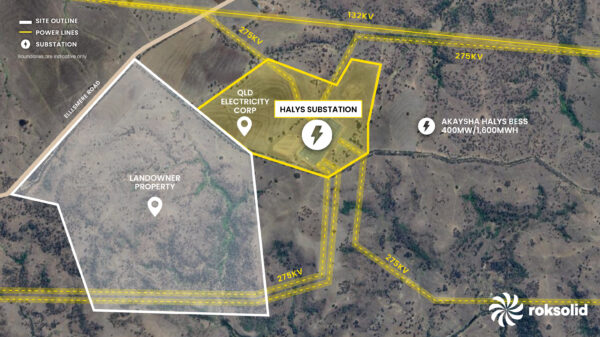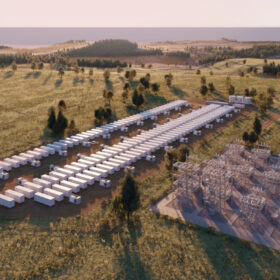Without any experience or reliable benchmarks, they’re being asked to sign multi-decade call options or lease deals worth millions often without specialist. Traditional real estate agents are out of their depth when it comes to solar or battery storage projects.
“Landowners are fielding offers from multiple parties, each with vastly different terms and conditions,” said Daniel Moroko, Founder of Rok Solid, Australia and New Zealand’s first and leading renewable energy land acquisition brokerage.
“Without specialist representation, it’s impossible to know whether you’re securing the best possible outcome for your property.”
Rok Solid specialises in brokering solar, wind, and battery storage deals between landowners and developers. With close to 70 successfully negotiated agreements, the firm has an unrivalled track record in delivering competitive outcomes for landowners while ensuring developers can progress projects efficiently.
In a recent announcement, Rok Solid has been exclusively retained by a landowner in Alice Creek, Queensland, to negotiate proposals for a prime property directly adjacent to the highly desirable HALYS substation.

Image: Roksolid
The land is now open to call option-to-lease proposals, a structure where developers typically invest around $3 million (USD 1.9 million) to secure project approvals. If successful, the developer then enters into a 30- to 40-year lease, offering an extremely lucrative long-term income stream for the landowner.
With the Queensland–New South Wales Interconnector (QNI) upgrade underway, Alice Creek represents one of the most attractive locations in the state for a utility-scale BESS project.
Battery projects are proving particularly appealing due to:
– Faster approvals: Less red tape compared to large-scale solar and wind farms
– Lower environmental impact: Minimal disruption to surrounding land and biodiversity
– Reduced neighbour concerns: Smaller footprint and quieter operations
– Expedited timelines: BESS projects are among the quickest renewable energy assets to move from proposal to grid connection.






By submitting this form you agree to pv magazine using your data for the purposes of publishing your comment.
Your personal data will only be disclosed or otherwise transmitted to third parties for the purposes of spam filtering or if this is necessary for technical maintenance of the website. Any other transfer to third parties will not take place unless this is justified on the basis of applicable data protection regulations or if pv magazine is legally obliged to do so.
You may revoke this consent at any time with effect for the future, in which case your personal data will be deleted immediately. Otherwise, your data will be deleted if pv magazine has processed your request or the purpose of data storage is fulfilled.
Further information on data privacy can be found in our Data Protection Policy.